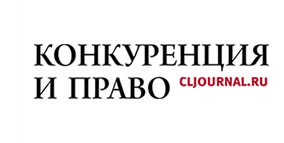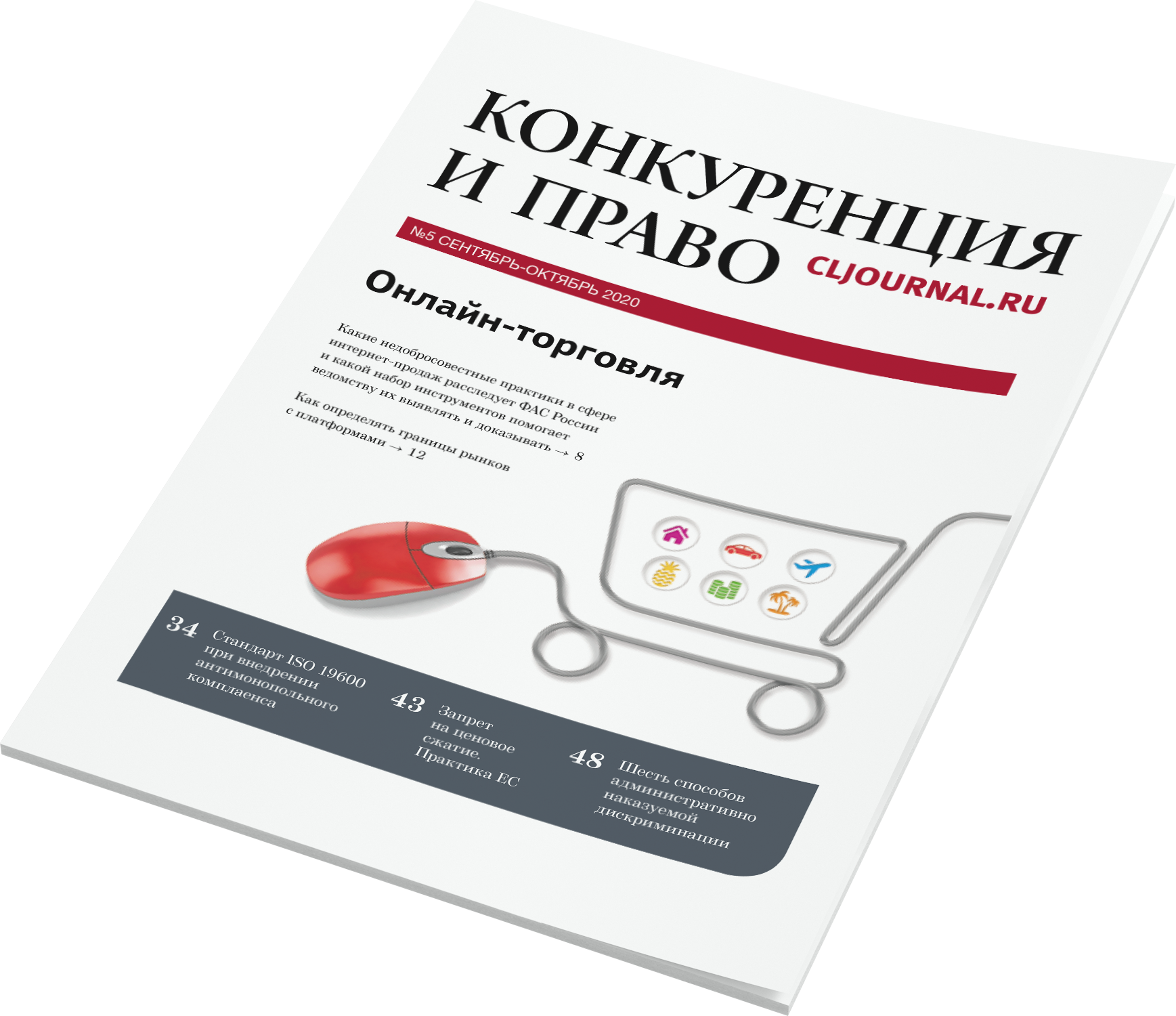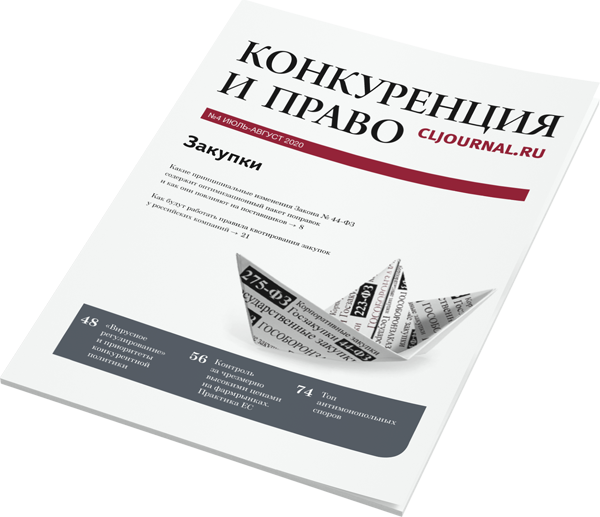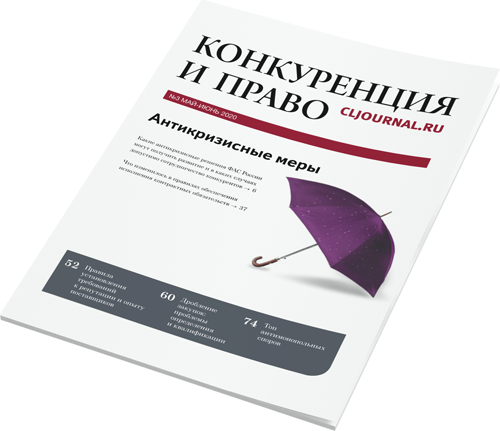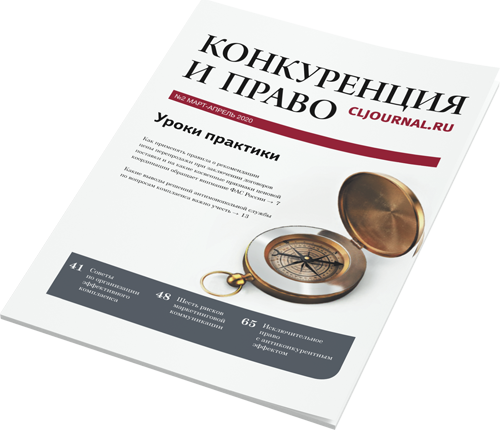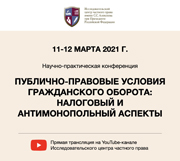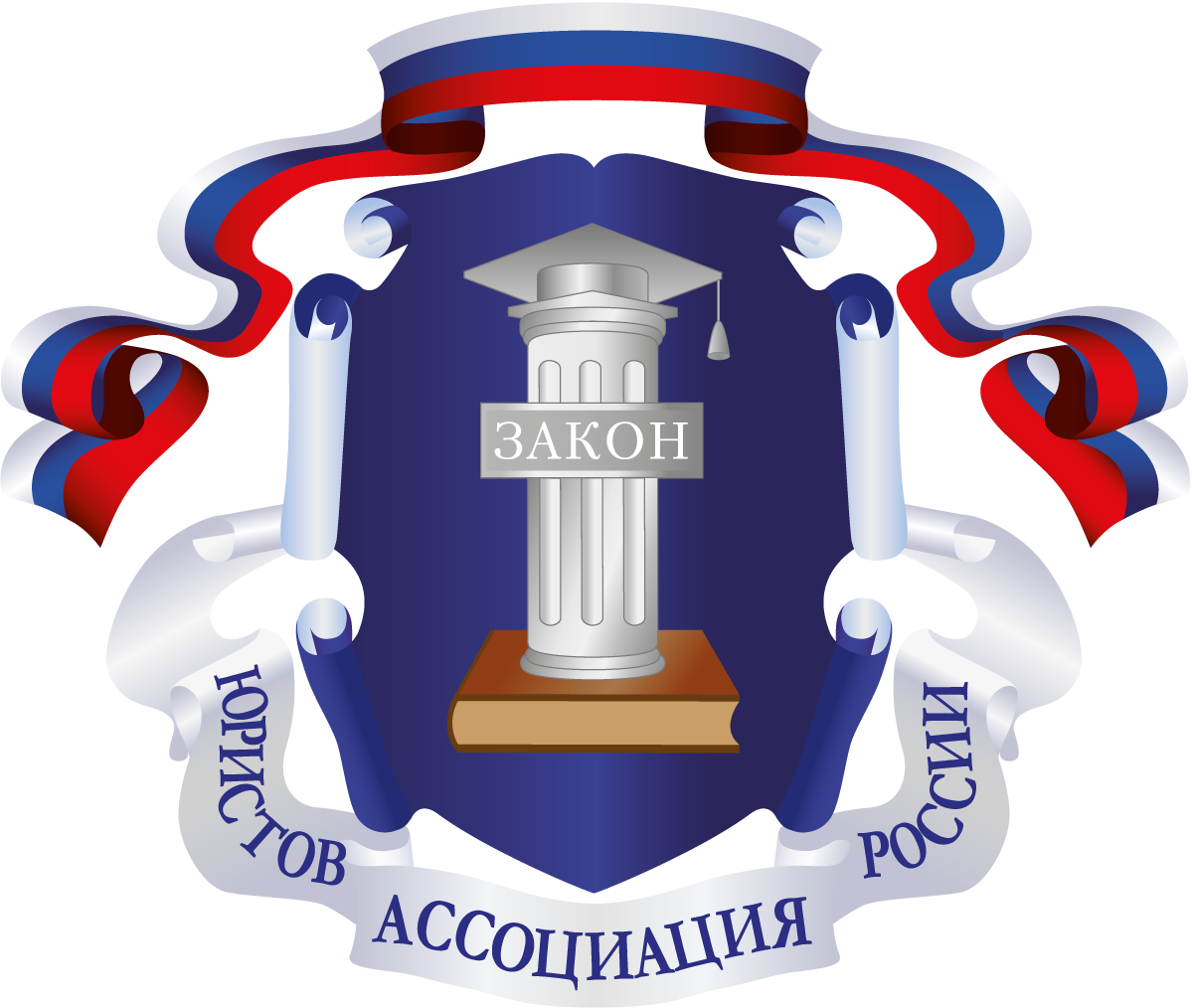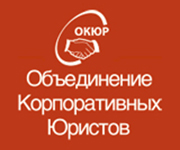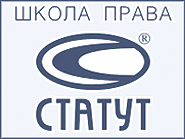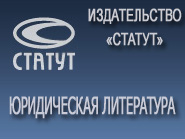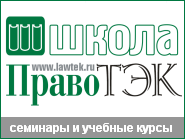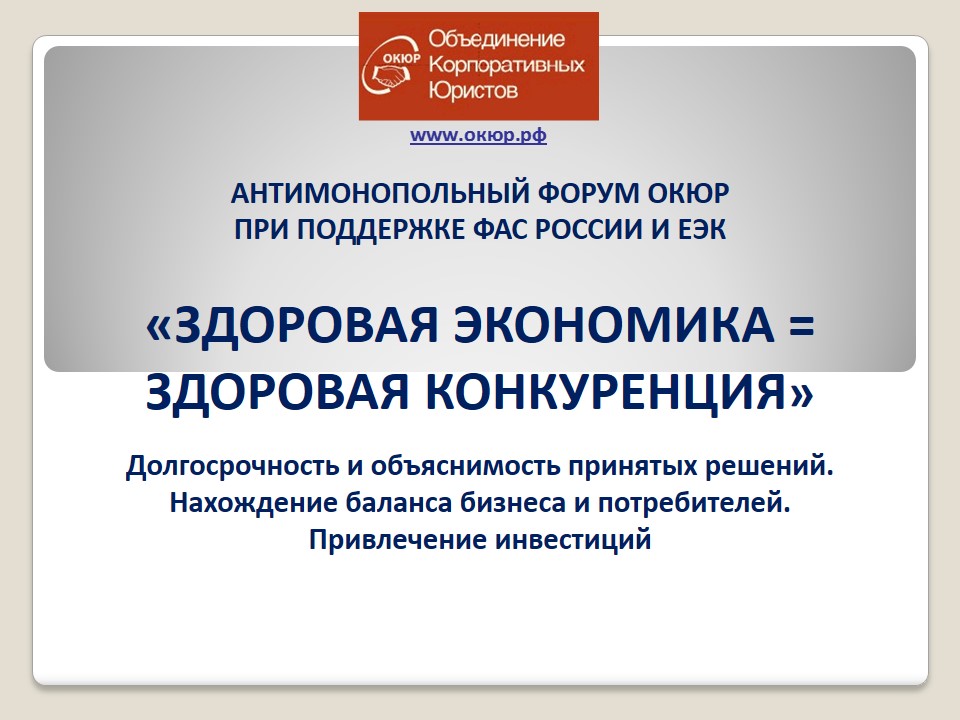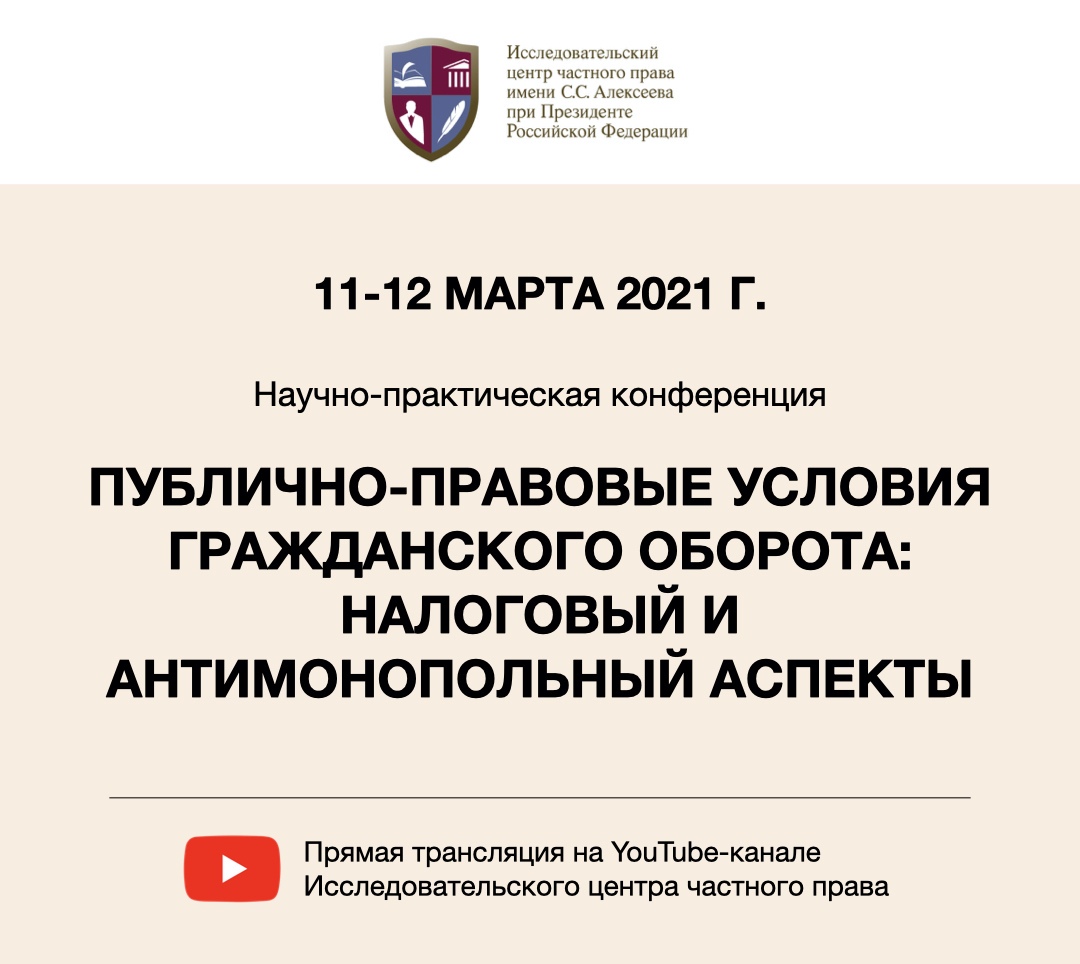|
||||||
|
Главная /
Conference /
The FAS: what to expect from the regulator?
 The business lunch ‘Antimonopoly Regulation: Challenges of a New Time’ must be spoken of as one of the most high-profile events at the III St Petersburg International Legal Forum (16 May 2013), as well as one of the most distinctive in terms of its form. The event was arranged by law firm Pepeliaev Group with the support of journal ‘Competition and Law’. Taking part were the heads of prominent Russian and foreign companies along with representatives of Russia’s Federal Antimonopoly Service (FAS) and judges from the Russian Supreme State Commercial (‘Arbitration’) Court. Among the speakers were: Vladimir Slesarev, Vice Chairman of the Supreme Commercial Court; senior official Andrey Tsarikovsky, Deputy Head of the FAS; Evgeny Taribo, Head of Constitutional Framework of Public Law, Russian Constitutional Court; Sergey Puzyrevsky, Head of the FAS’s Legal Division; Alexander Kinev, the Head of the FAS’s Anti-Cartel Department; Ruslan Ibragimov, vice president for corporate and legal affairs at Mobile TeleSystems OJSC; Svetlana Gerbel, Legal Director at Siemens; and Oksana Kovaleva, Head of Tax and Administrative Law (Legal Directorate) at Gazprom Neft. The scope of the event allowed the professional audience an unofficial setting to share their thoughts on the development of competition. The lunch did not resemble a standard conference. No presentations were given, and no trivial lectures or speeches were heard; at the same time, fellow professionals actively exchanged views. So what did they speak about? The tone of the event was set by Sergey Pepeliaev, managing partner of Pepeliaev Group and moderator of the gathering. He outlined the main conceptual difficulty: how do those present – representatives of business, judges, public officials – understand the main objectives and tasks of antimonopoly policy? Is there a precise formulation of them? And who should be the central link in the chain to shape these goals: the legislature, the FAS or other state authorities? The discussion concerned the prospects of antitrust regulation. Maximum activity on the part of the antimonopoly authority causes confusion and gives pause for thought. As tends to happen in such cases, a lively discussion ensued between the participants. What needs to be done for goals to be understandable and predictable: for legislation to be amended, recommendations or methodology devised, or explanations obtained from judicial authorities? “Maybe antitrust legislation is too young and that is why it gives rise to so many questions?” argued the moderator. “Antitrust legislation is already 22 years old. Its effectiveness is obvious,” countered Sergey Puzyrevsky. He reminded those present of the advancing process of improving competition law, and of the first two sets of amendments aimed at regulating commodities and financial markets, making liability more severe and strengthening the FAS’s powers. In addition, he particularly stressed how important it was that the third set of antimonopoly measures had been adopted. This was designed to develop competition on the market and to combat monopolistic activity by business entities. The audience continued to communicate enthusiastically and it was difficult to cope with the avalanche of issues that surged forward. "What is antitrust regulation supposed to protect: competition as a whole, economic efficiency, the competitor, the consumer, or small and medium-sized businesses?" participants debated. "Big business also needs to be protected," commented Pepeliaev Group senior partner Vladimir Sokov. "The competition authority is intended to protect the state’s interests," noted Alexander Kinev. The colleagues focused on what the public interest is and whether this can change over time. In particular, for example, Oxana Kovaleva explained what the legal status is of the Developing competition and improving antimonopoly policy ‘roadmap’ (the Russian Government’s Order No. 2579-r dated 28 December 2012). Andrey Tsarikovsky clarified that the concept of a ‘roadmap’ prescribes a need for a whole set of measures to be taken with a view further to developing antitrust and competition law as a whole, it stipulates a principle that work will be rolled out to develop competition, that priority sectors will be highlighted and systemic measures taken. Among other things, a ‘roadmap’ includes provisions such as expanding the institutions of cautions and warnings, simplifying the activity of business in the context of antitrust regulation, and eliminating excessive competition control. How far may business trust this strategy? The antimonopoly authority believes that the prospects are good. However, he stated that it will only be possible to assess how effective it is through the implementation of the plans in practice. The reference to the institutions of cautions and warnings introduced by the third set of antimonopoly measures was met with audience approval. “By applying the new institutions, we will be able significantly to cut the number of cases the antitrust authorities examine in relation to abuse of a dominant position,” Sergey Puzyrevsky noted. Audience members smiled that they would like to introduce additionally a second and maybe even a third warning. The above issues appeared to be a consequence, while one of the reasons for them to appear, in the audience’s opinion, was a lack of certainty in the policy of antitrust fines. The trend is moving towards turnover-based fines, stressed those present. How will the policy of fines change? "Liability is becoming unjust,” stated the director of legal at Gazprom Neft Roman Kvitko. "Through fines we cannot strengthen the institution of private property," added Oxana Migitko, head of the commercial practice at Pepeliaev Group. Next, Evgeny Taribo issued a reminder about the Russian Constitutional Court’s Resolution No. 1-P from January, dealing with whether the punishment for a failure to provide information was proportionate. The Constitutional Court obliged the legislature to amend the Russian Code of Administrative Offences to allow, in relation to an administrative offence under article 19.8(5) of the Code, a penalty to be set that takes account of a legal entity’s financial position and other relevant factors. The legal community then expressed the hope that the principle the Constitutional Court has formulated will be adapted and used by the FAS as a universal rule when it examines administrative cases brought under various articles of the Code of Administrative Offences and which relate to offences in the area of legislation to protect competition. Ruslan Ibragimov took the view that one of the positive indicators of an effective competition policy is that the conditions are created in which the commodity markets may function effectively. He considers that it is difficult to to criticize antitrust regulation in any way. At the same time, today competition law continues to contain a sufficient number of non-transparent provisions, which results in a large number of cases concerning competition violations being initiated, not always with justification. In this vein, Mr Ibragimov returned to the main difficulty the meeting was considering: the need for a clear understanding of the objectives and tasks of the antitrust authority as the main regulator of relationships. Why is the FAS in operation and who has started to live better? Vladimir Slesarev took the topic forward and reminded his colleagues about the formation and development of tax laws. Any reform must be linked with an improvement of legal institutions. Tax law is affected not only by economic reforms; it is a fundamental of a civilized society. Academics and practitioners, by virtue of the rapid development of the area of tax, paid close attention over many years to the development of a conceptual framework, and the development of key tax provisions. According to him, the same model is possible as a way of developing legislation to protect competition. To conclude the event, Vladimir Slesarev thanked the organizers for the opportunity to enjoy contact with fellow professionals. "The panacea for monopoly ills is to develop competition", Sergey Puzyrevsky reassured those present. The main question of the audience, what to expect from antitrust regulator, remained open. Nevertheless the professionals unanimously recognised the importance of the work of the Russian Federal Antimonopoly Service, referring to it as one of the most active and dynamic Russian authorities. Victoria Tsygankova, journal ‘Competition and Law’ 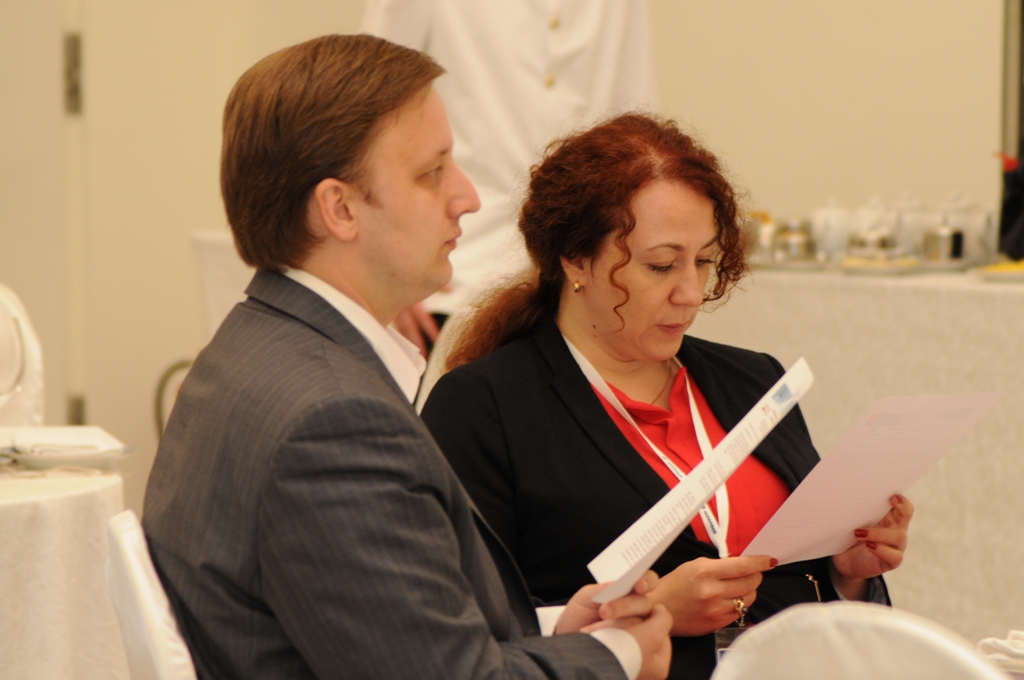 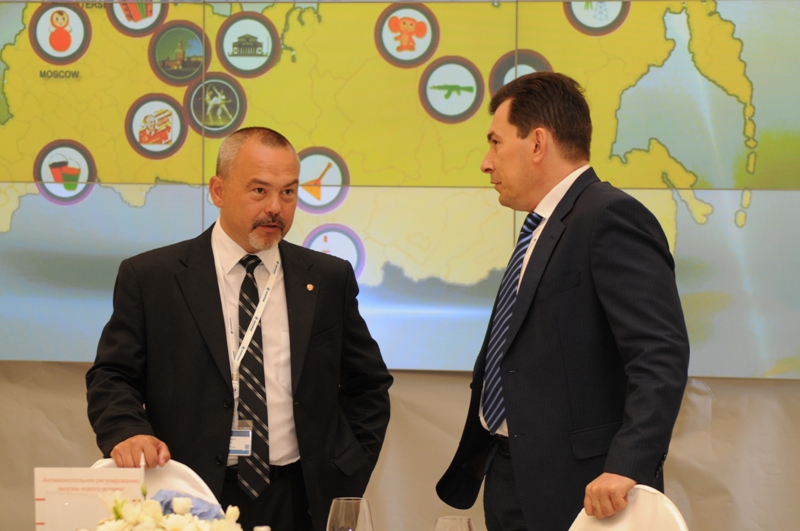 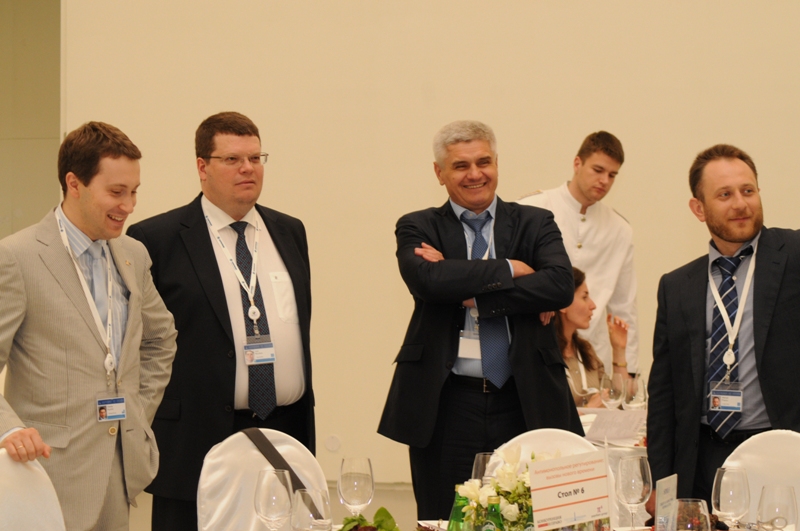 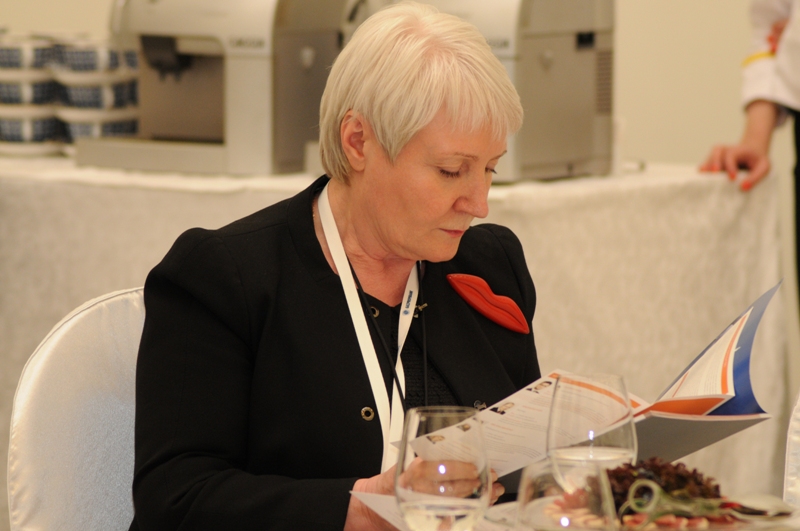 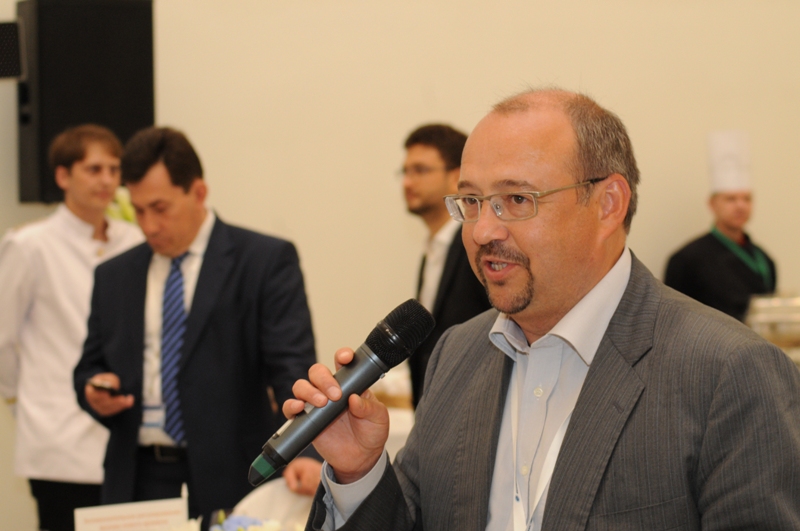 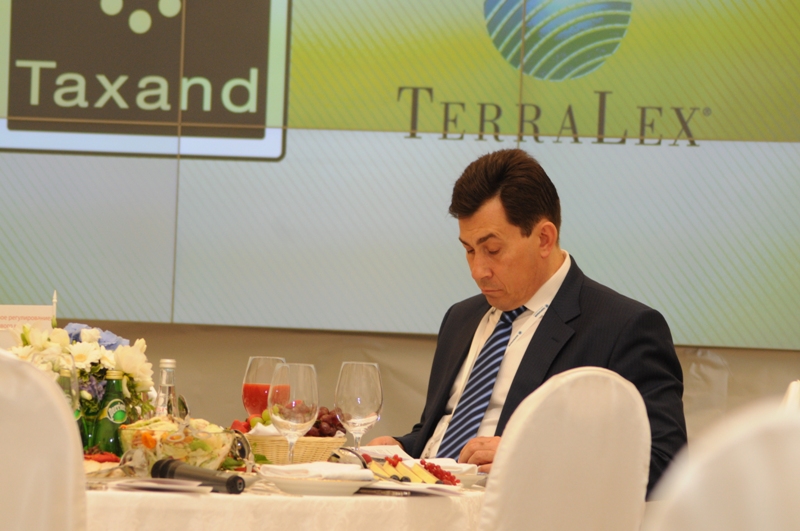 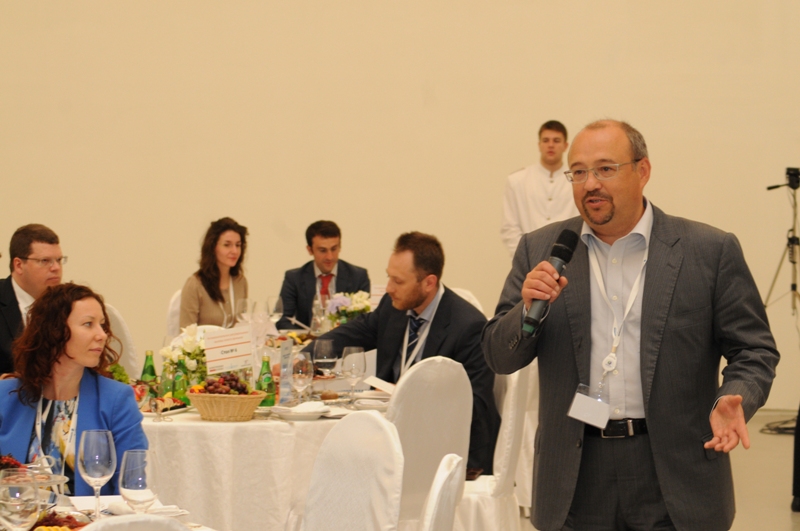 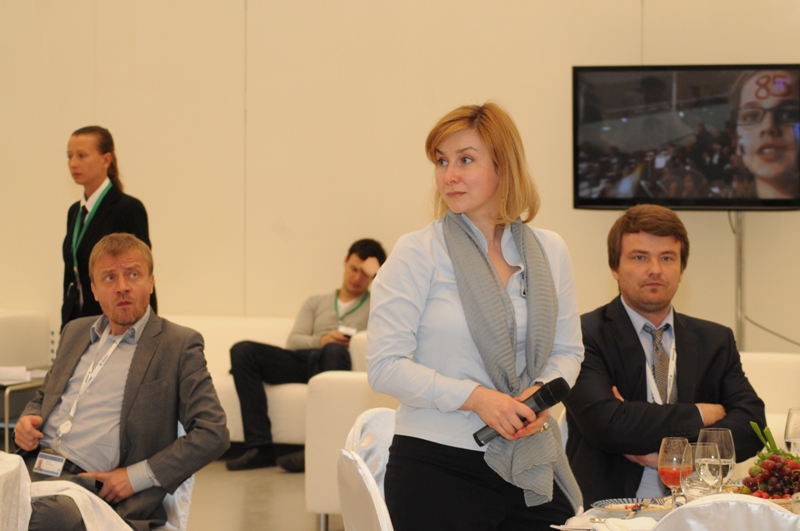 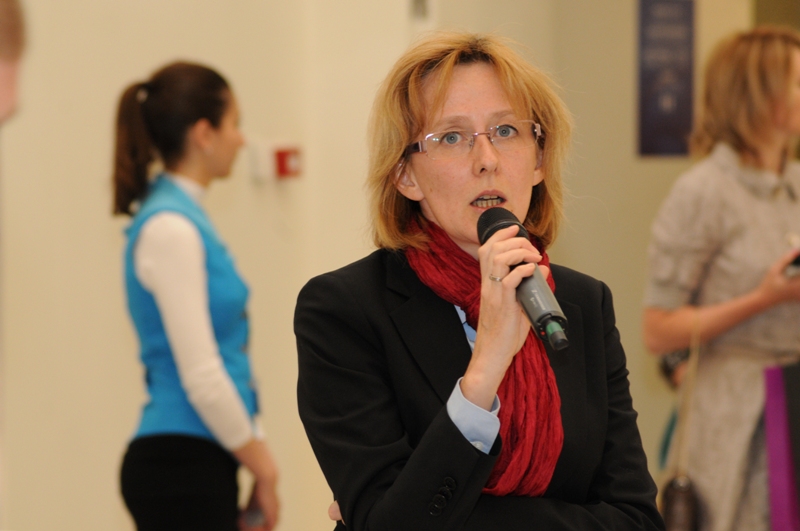 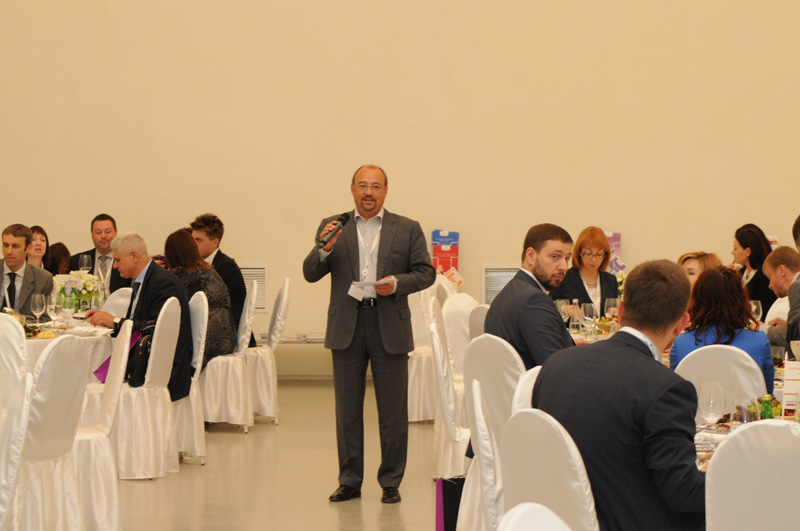 08 августа 2013 г.
|
|

